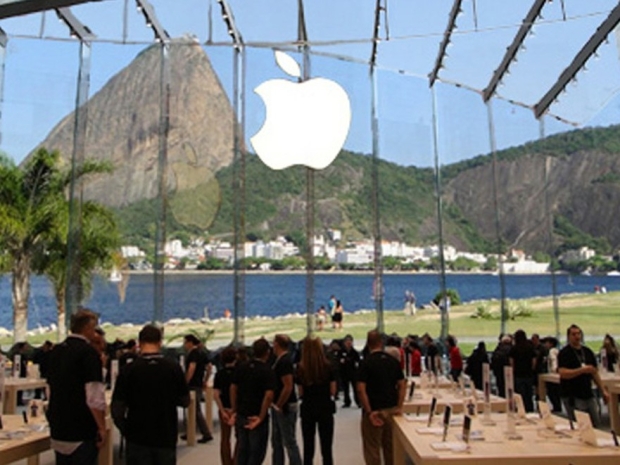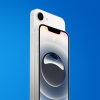A civil court judge in São Paulo issued the tech giant a about $19 million fine as damages in a lawsuit from the Brazilian Consumers' Association.
Civil court Judge Caramuru Afonso Francisco ordered Apple to start selling chargers with the iPhone 12 and iPhone 13 series in Brazil. Further, the judge ordered Apple to provide chargers to customers in Brazil who bought an iPhone 12 or 13 over the last two years.
Apple will appeal the ruling because it has a policy of always taking its cases to the highest court in the land even if it is clear that it is just being petty. Apple did not see the need to provide a charger with its iPhones because users already had them. Apple said that removing power adapters and EarPods from iPhone boxes meant smaller, lighter boxes, which enabled "70 percent more boxes to be shipped on a pallet" and "cut over 2 million metric tons of carbon emissions annually."
However, the choice also meant that if a user did not have one, they would have to buy one from Apple otherwise their iPhone was just a nice looking brick.
The ruling dubbed Apple's charger-less iPhones an "abusive practice." Judge Francisco reportedly wrote that selling an iPhone without a charger "requires consumers to purchase a second product in order for the first to work."
This marks Apple's third fine with the country since March 2021, when it reportedly received a fine worth $2 million from Procon-SP, São Paulo's consumer protection agency, for selling the iPhone in Brazil without a charger.
And in September of this year, the Ministry of Justice and Public Security (MJSP) of Brazil fined Apple approximately $2.3 million and banned the selling of iPhones without chargers in the country. Similarly to Judge Francisco, the government body argued that Apple had shifted the burden to customers. Brazil's MJSP also disputed Apple's claims that it was being more eco-friendly, saying Apple could better help the environment by moving iPhones to USB-C.
Brazil is considering mandating USB-C charging on phones, much like the European Union. It seems that Apple will have to face up to the fact that not everything it decides at its board meetings will become enshrined in national constitutions -- well other than the US.




